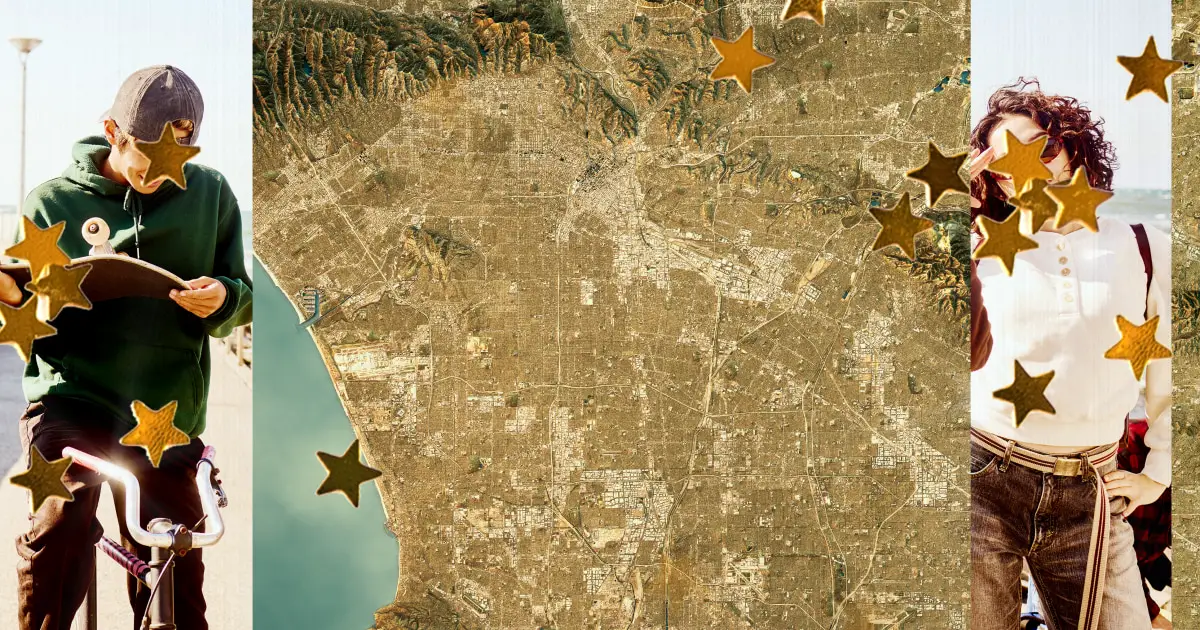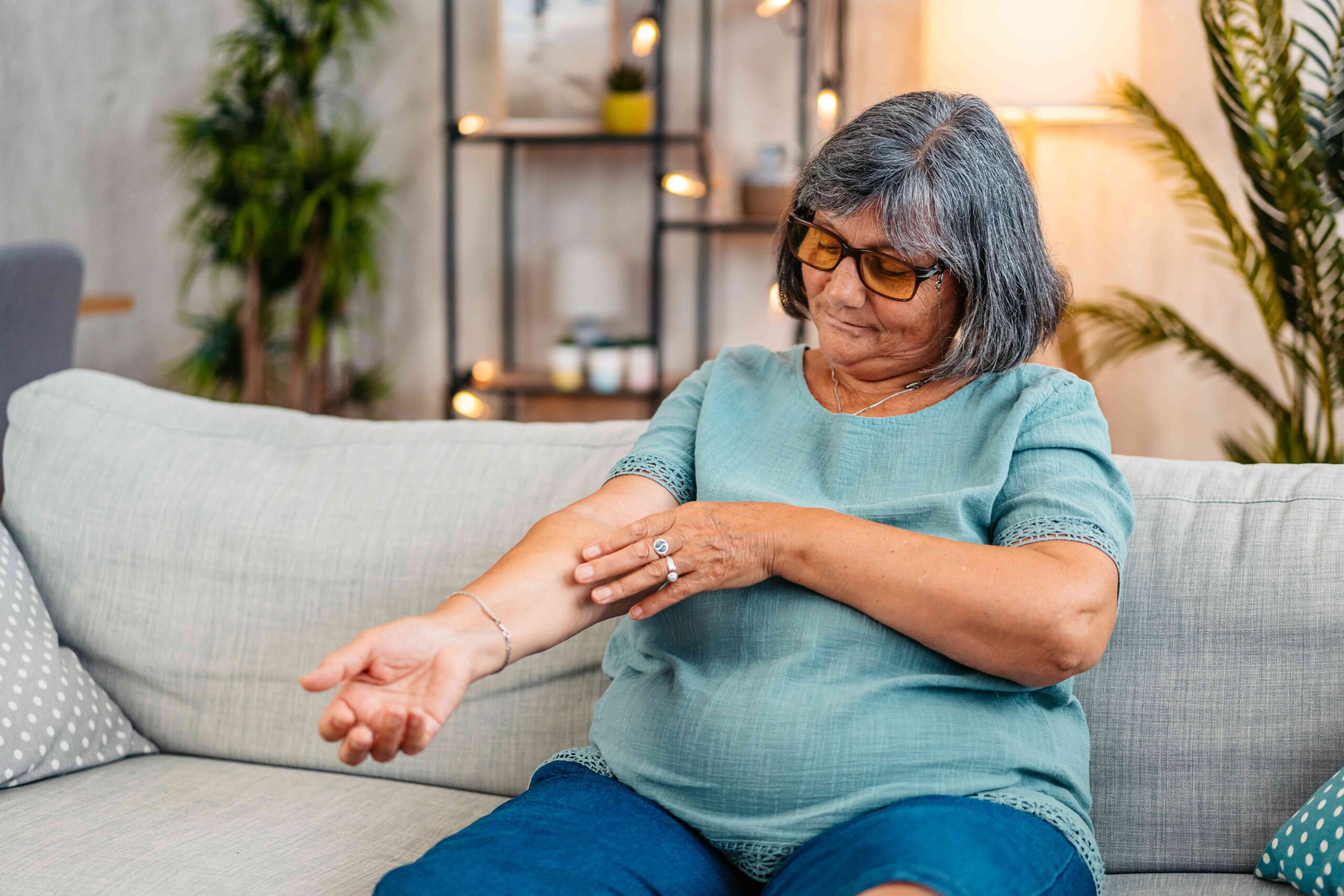“There is a part of me, like if I meet Asians from the other random a– states, right? I’m like bro… you’re not from Cali, bro,” one host said. The podcasters then admitted that this mentality is a “problem.” The 949 Podcast did not respond to a request for comment.
The clip touched a nerve for Asian Americans who grew up in areas like the Midwest, South and Pacific Northwest. They shared negative experiences with SoCal Asians in which they were judged for not being “Asian enough” because they grew up in predominantly white spaces.
“They grew up in a place where you have more access to Asian culture, and a lot of us outside of Southern California, we didn’t get to control where we grew up or where we lived,” Kang said.
Kang said she has been “interrogated” by SoCal Asians in the past about what kind of friends she has, how connected to her heritage she is and what kind of food she eats. She said this has been a way for them to judge whether she is “whitewashed” or not.
“They basically think I’m a white person because they have this idea about how the Midwest is,” she said.
Jennifer Kang, 20, moved to Oregon from California when she was in high school. She went from attending an elementary school that was 50% Asian to being one of the only ones in her high school. When she visited a friend from Southern California after the move, the friend told her she “got more whitewashed.” (Jennifer Kang is not related to Heidi Kang.)
Kang, who is Korean, said she speaks Korean and is in touch with her heritage. Still, her Asianness has been questioned because she doesn’t have the same interests as some SoCal Asians. She said she has been judged by SoCal Asians for lacking access to Asian restaurants and was once questioned for being unaware of 88Rising, an Asian hip hop collective that has a large fanbase in California.
“There really is no measurement for being Asian,” she said.
James Zarsadiaz, associate professor of history and director of the Yuchengco Philippine Studies Program at the University of San Francisco, said that regional stereotypes play into the perception of a superiority complex among SoCal Asians.
“If you take race out of the conversation, there is this notion of the coasts of the United States as the trendy or cooler, more sophisticated parts of the United States and everyone else in the interior, and that includes the South, is not with it,” he said.
As a result, Zarsadiaz said that people often mistakenly assume that there is no access to Asian American culture or community in states between the coasts. While their experiences may be different, people should “embrace the regional differences of Asian America,” Zarsadiaz said, and understand their “different challenges, struggles and unique traits.”
Still, the criticism of SoCal Asians by those outside of the region comes from the trauma of being marginalized in their communities, Zarsadiaz said.
“It’s a double rejection,” he said.”You were probably also lampooned or ostracized by non-Asians where you grew up, but now also other Asians within your community, who are in theory supposed to be in solidarity … are also now poking fun of you or making you feel like you’re not part of the group.”
Jennifer Kang said some SoCal Asians fail to recognize that other Asian Americans in predominantly white areas feel pressure to assimilate and fit in with their white peers.
“I definitely hid these kinds of parts of myself, but when kids in class are telling you that your English is really good, or you’re getting made fun of for Covid and stuff like that, you don’t really want to stand up for yourself,” Kang said.
Ultimately, Kang said Asian Americans should be bringing people into the community rather than keeping them out.
“It’s so awesome being Asian and there’s so much deep culture in history that is there for us to learn and to be shared,” she said. “Why are we gatekeeping these things?”






